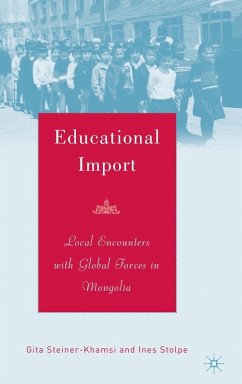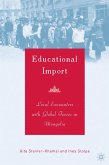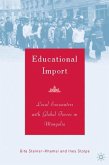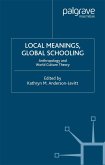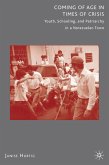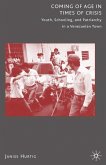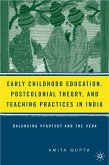This book addresses students, practitioners and scholars in educational policy studies. The authors use Mongolia as a case to illustrate how global influences shape domestic developments in education, and how imported education reforms are locally modified, re-contextualized, or 'Mongolized'.
"This remarkable book is a very significant contribution to the field of understanding change in education systems. It will be of considerable value to general readers as well as to those who are specifically concerned with Mongolia. The insights of the book are presented in a delightfully clear and stimulating style." - Mark Bray, President, World Council of Comparative Education Societies (WCCES) and Chair Professor of Comparative Education, University of Hong Kong"This is an extraordinary book. The authors have spent many years doing research on education in Mongolia, visiting many areas of this vast, land-locked country sharing its southern border with China. Stolpe studied there and is fluent in the Mongolian language. Consequently, they bring insights into schooling in Mongolia that would not ordinarily be accessible to expatriate scholars. The book contains an insightful analysis of the period of Soviet influence from the early twentieth century until 1990. Having grown up in East Germany before the fall of the Berlin Wall, Stolpe is particularly knowledgeable with respect to the social, political and educational issues of the period in Soviet-bloc countries and brings that understanding to the book." - John C. Weidman, University of Pittsburgh"In this important book, Steiner-Khamsi and Stolpe treat Mongolia as an exemplar of a different kind - a cautionary object lesson in the complexities and dangers of international policy transfer in the post-Soviet period. Theynot only present a fascinating analysis of the history of Mongolia's modern education system and the external influences that have shaped it, but go on to use this to critique the ahistoricism and insensitivity to local context of much contemporary development discourse. This volume will thus be of considerable interest both to Mongolia specialists and to a wider readership interested in how Mongolia's educational development relates to a broader historical and geopolitical context."- Edward Vickers, University of London

